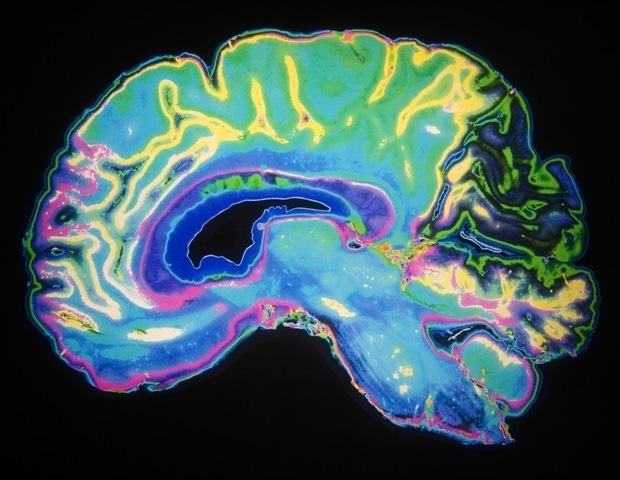Health
New Studies Reveal Gut-Brain Links Impact Eating Behaviors

Two recent studies published in the journals Clinical Gastroenterology and Hepatology and Gastroenterology have explored how interactions between the gut and brain influence eating behaviors, emphasizing the role of both biological factors and life circumstances. These findings advocate for a multidisciplinary approach to digestive health and nutrition that is tailored to individual needs.
The research highlights the significant impact of social determinants of health on the gut-brain-microbiome axis, particularly in relation to obesity. Stressful life circumstances can disrupt the balance of this system, potentially leading to altered mood, impaired decision-making, and modified hunger signals. As a result, individuals may be more inclined to crave and consume high-calorie foods.
The studies examined how various social factors—including income, education, and access to healthcare—interact with biological elements to affect eating habits and contribute to obesity. By gaining a deeper understanding of these interactions, healthcare providers can create more effective treatment plans tailored to the unique circumstances of individuals living with obesity. This personalized approach aims to improve health outcomes and enhance quality of life.
Disorders of Gut-Brain Interaction and Food Intake
In a groundbreaking study, researchers identified a significant correlation between disorders of gut-brain interaction and symptoms of avoidant/restrictive food intake disorder in adults. This represents the first general population study to investigate this connection, revealing that over one-third of participants with gut-brain interaction disorders screened positively for symptoms associated with this eating disorder.
Symptoms of avoidant/restrictive food intake disorder include a reluctance to try new foods, sensory-based food avoidance, and a lack of interest in eating. Individuals affected by these symptoms often face substantial health burdens and experience a lower quality of life, regardless of their body mass index.
The findings underscore the necessity for routine screening for avoidant/restrictive food intake disorder among patients with gut-brain interaction disorders. Furthermore, they call for an integrated approach to gastrointestinal, mental, and nutritional health care to better support affected individuals.
The research indicates that communication between the gut and brain is central to understanding eating behavior disorders. It reveals how non-biological stressors, such as discrimination and previous health issues, can shape physiological responses, influencing dietary choices and overall health. Consequently, clinical tools must address not only the dietary habits of patients but also the underlying reasons for their food choices.
As these studies illustrate, a comprehensive understanding of the gut-brain connection can lead to more effective interventions and improved health outcomes for those struggling with obesity and related disorders. The findings were made available through the American Gastroenterological Association, highlighting the increasing importance of addressing complex interactions in digestive health.
-

 Entertainment2 months ago
Entertainment2 months agoIconic 90s TV Show House Hits Market for £1.1 Million
-

 Lifestyle4 months ago
Lifestyle4 months agoMilk Bank Urges Mothers to Donate for Premature Babies’ Health
-

 Sports3 months ago
Sports3 months agoAlessia Russo Signs Long-Term Deal with Arsenal Ahead of WSL Season
-

 Lifestyle4 months ago
Lifestyle4 months agoShoppers Flock to Discounted Neck Pillow on Amazon for Travel Comfort
-

 Politics4 months ago
Politics4 months agoMuseums Body Critiques EHRC Proposals on Gender Facilities
-

 Business4 months ago
Business4 months agoTrump Visits Europe: Business, Politics, or Leisure?
-

 Lifestyle4 months ago
Lifestyle4 months agoJapanese Teen Sorato Shimizu Breaks U18 100m Record in 10 Seconds
-

 Politics4 months ago
Politics4 months agoCouple Shares Inspiring Love Story Defying Height Stereotypes
-

 World4 months ago
World4 months agoAnglian Water Raises Concerns Over Proposed AI Data Centre
-

 Sports4 months ago
Sports4 months agoBournemouth Dominates Everton with 3-0 Victory in Premier League Summer Series
-

 World4 months ago
World4 months agoWreckage of Missing Russian Passenger Plane Discovered in Flames
-

 Lifestyle4 months ago
Lifestyle4 months agoShoppers Rave About Roman’s £42 Midi Dress, Calling It ‘Elegant’









